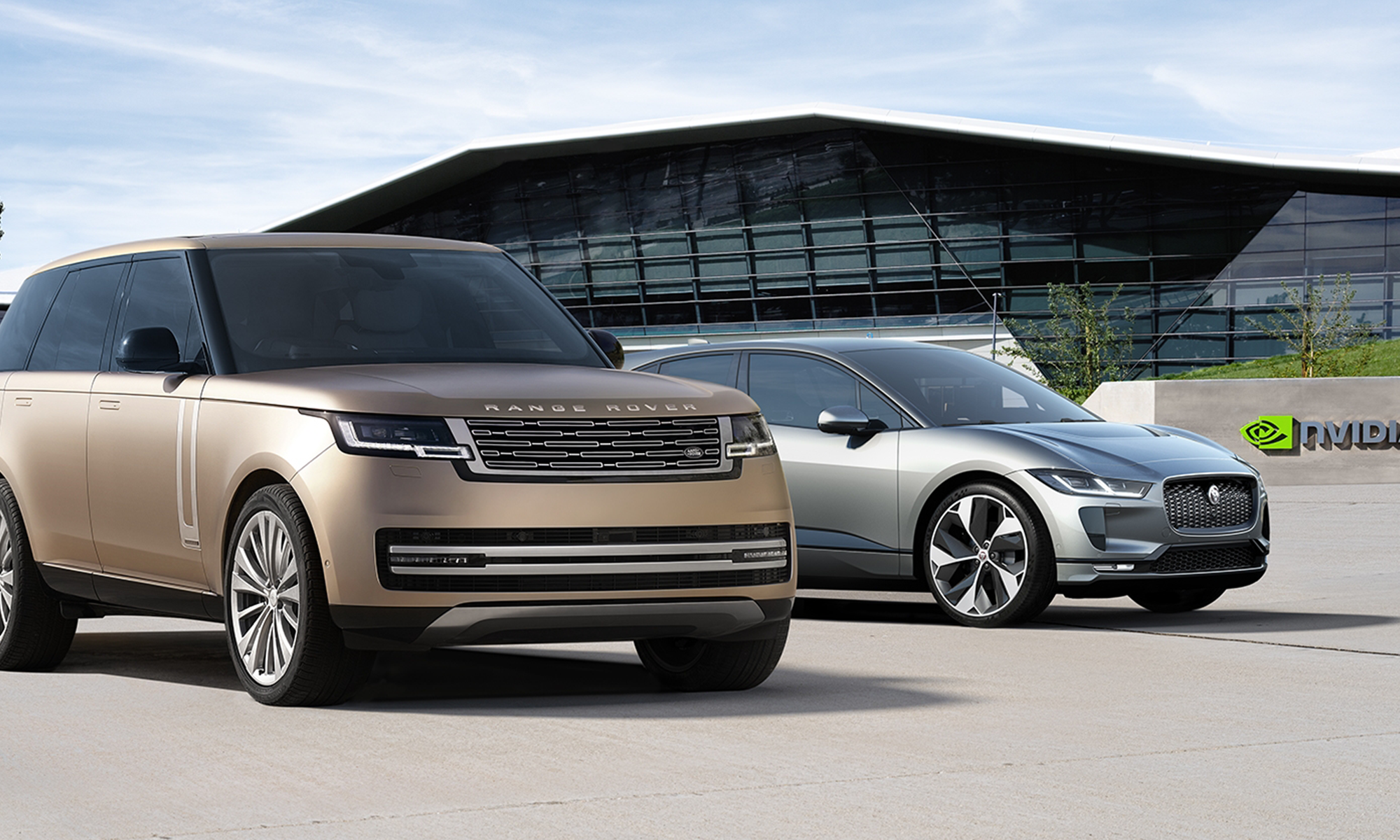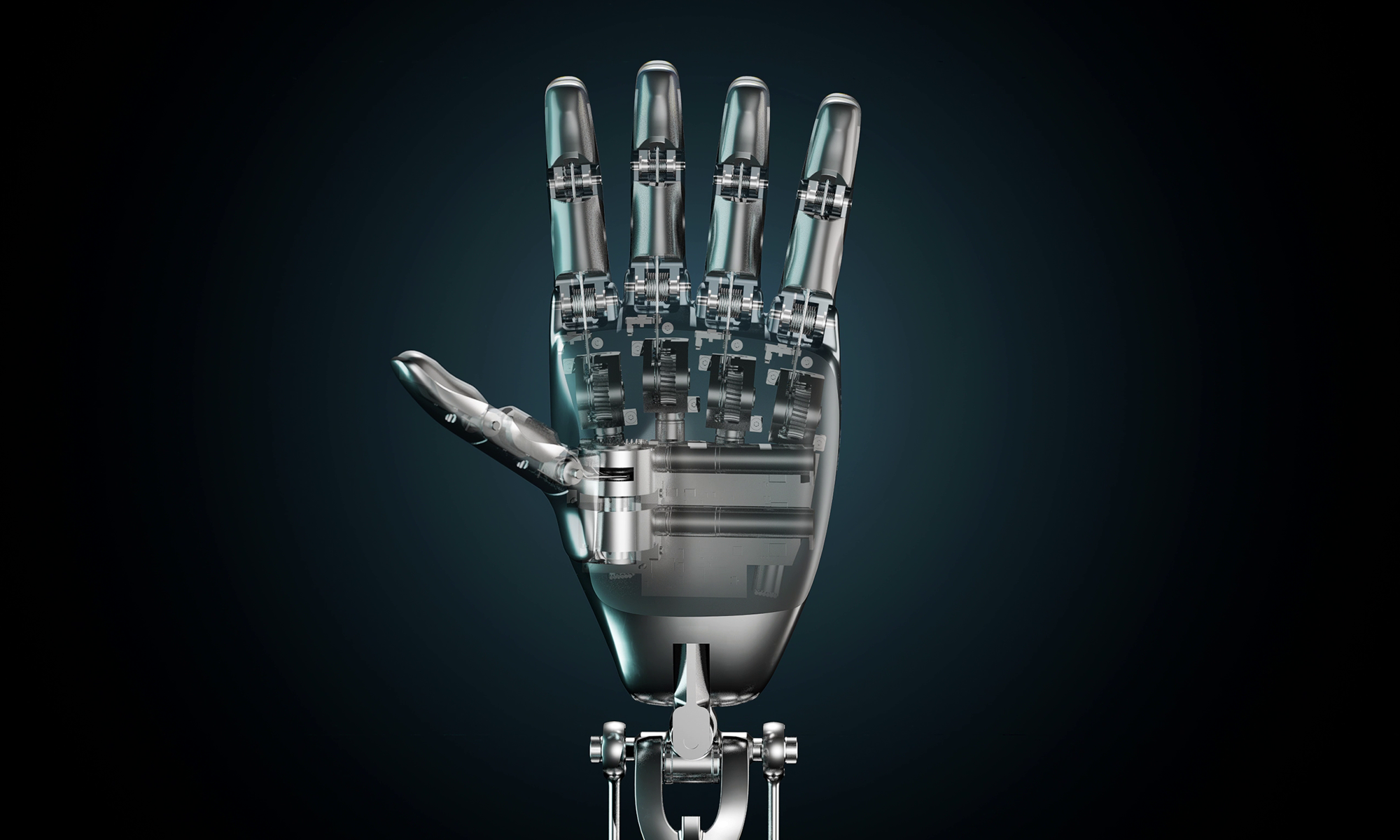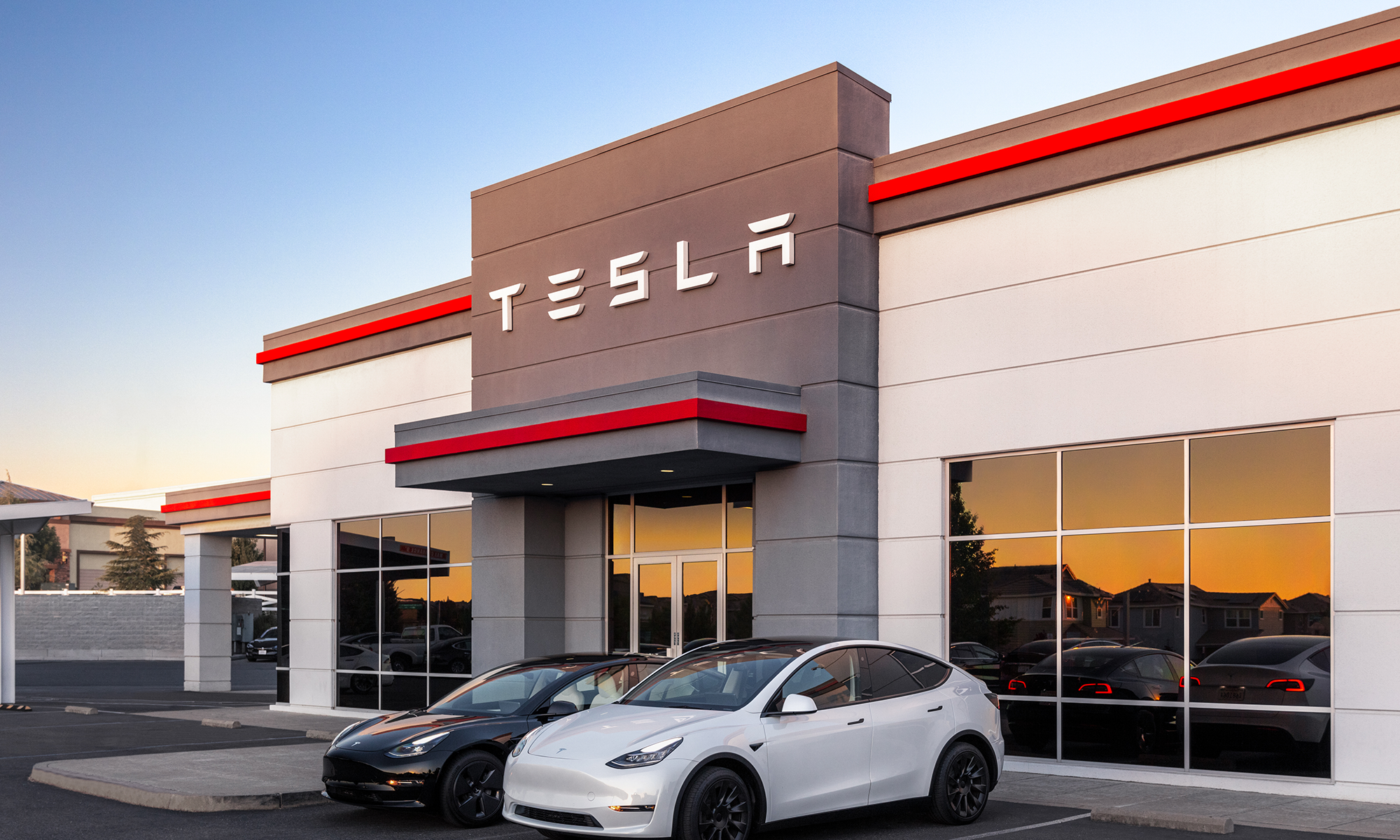Check out our latest bets for driverless car stocks.
I bought a new-to-me car recently, and I realized that by the time I'm in the market for another one, we'll likely be knee-deep into the driverless car transformation. That's because IHS estimates that there will be 76 million partially to fully autonomous vehicles on the road worldwide by 2035.
That's not as far away as it may seem and this shifting automotive market -- which will be worth $77 billion less than 20 years from now -- leaves plenty of opportunity for long-term investors to benefit.
If you're looking for top driverless car stocks that are leading the pack, you many want to consider Alphabet (GOOG 0.06%) (GOOGL 0.08%), Baidu (BIDU +0.77%), and Tesla Motors (TSLA 1.79%).

Image source: Getty Images.
New name, same self-driving leadership
Alphabet's self-driving team was recently spun off into its own company and now goes by the name of Waymo. To date, Waymo has logged nearly 2 million miles of self-driving on the road and 1 billion miles of simulated driving in 2016.
That makes Waymo a leader in the driverless car space, because one of the most important aspects of letting cars drive themselves is giving them direct experience in handling the myriad of situations they'll encounter in the real world.
And Waymo proved recently that it's much more than just an Alphabet side project when it announced that it's developed its own LIDAR technology that is 90% cheaper than the previous system it was using. LIDAR sends out light signals that bounce off objects around it in order to tell self-driving vehicles what things (cars, buildings, pedestrians, etc.) are around it.
Though the new technology is much cheaper, Waymo says it's accurate enough to tell which direction a pedestrian is looking (which is helpful when a driverless car is trying to determine where a person might walk).
Waymo is setting itself up to benefit from the driverless car market by selling its hardware and software as a service. Some of the details are still unknown, but Waymo showed its hand recently when it announced a partnership with Fiat Chrysler to test self-drivng car services starting this year.
Waymo's president and CEO, John Krafcik, said recently that the company will have its next prototypes on public roads some time this year, further solidifying the company in the driverless car space.
Don't forget China
Self-driving vehicles get a lot of attention in the U.S., but China could end up being one of the biggest users of driverless car tech -- and Baidu might benefit the most.
The company is often called the Google of China, because it controls everything from countries largest search engine, earns most of its revenues from advertising, and has some of the world's most advanced self-driving technologies as well.
Baidu is already testing its technology in cities across China and plans to release more driverless vehicles on the road next year, with the goal of bringing mass-produced driverless cars to market by 2021. The company benefits from China's relaxed position on self-driving regulations and the country's need to improve transportation its famously large cities.
It's still unclear how Baidu will make money from its driverless car pursuits, but it wouldn't be surprising to see the company go the same route as Waymo and strike up a partnership with an automaker to launch a self-driving service or sell its technology directly to automakers.
The carmaker play
Investors shouldn't make the mistake of overlooking Tesla's driverless car opportunities or the huge strides the company's already taken. Tesla began adding all of the necessary hardware to make all its vehicles fully autonomous just a few months ago, something no other carmaker is even close to doing.
All of the hardware isn't turned on right now, but it'll use the technology to collect driving data to improve its semi-autonomous software. When enough information has been collected in real-word situations, Tesla will then offer owners the option to activate the hardware.
Tesla also recently posted a video of its semi-autonomous Autopilot technology driving a person around town in the fog while navigating intersections, pedestrians, traffic, and even bicyclists. Tesla has already talked about plans to let its owners rent out their vehicles to others when they are not utilizing it, and CEO Elon Musk says the time frame for fully autonomous Teslas could happen by the end of this year.
In a move that further proves the company's commitment to self-driivng technology, Tesla recently announced that it'll be using technology from another driverless car tech leader, NVIDIA Corporation's (NVDA 1.48%). Tesla will use NVIDIA's supercomputer in its new cars to help them process all the visual information collected and give the vehicles optimal image recognition capabilities through NVIDIA's GPUs.
There's no going back now
While driverless cars may still seem like a long way off, automakers are continually adding incremental self-driving tech to their vehicles and the U.S. government is providing new opportunities (and much-needed rules) for making these technologies a reality. Investors looking for a new technological shift to bet on should look no further than driverless cars -- and consider any of the companies listed above.










